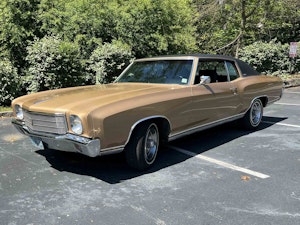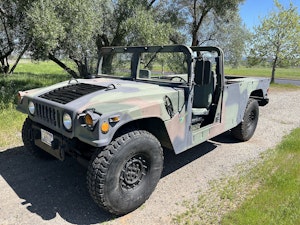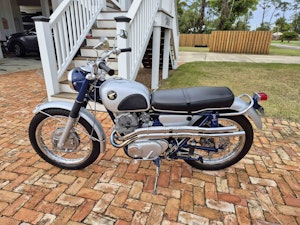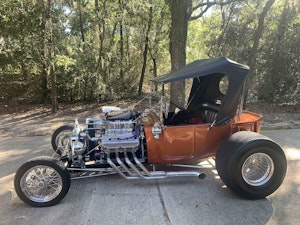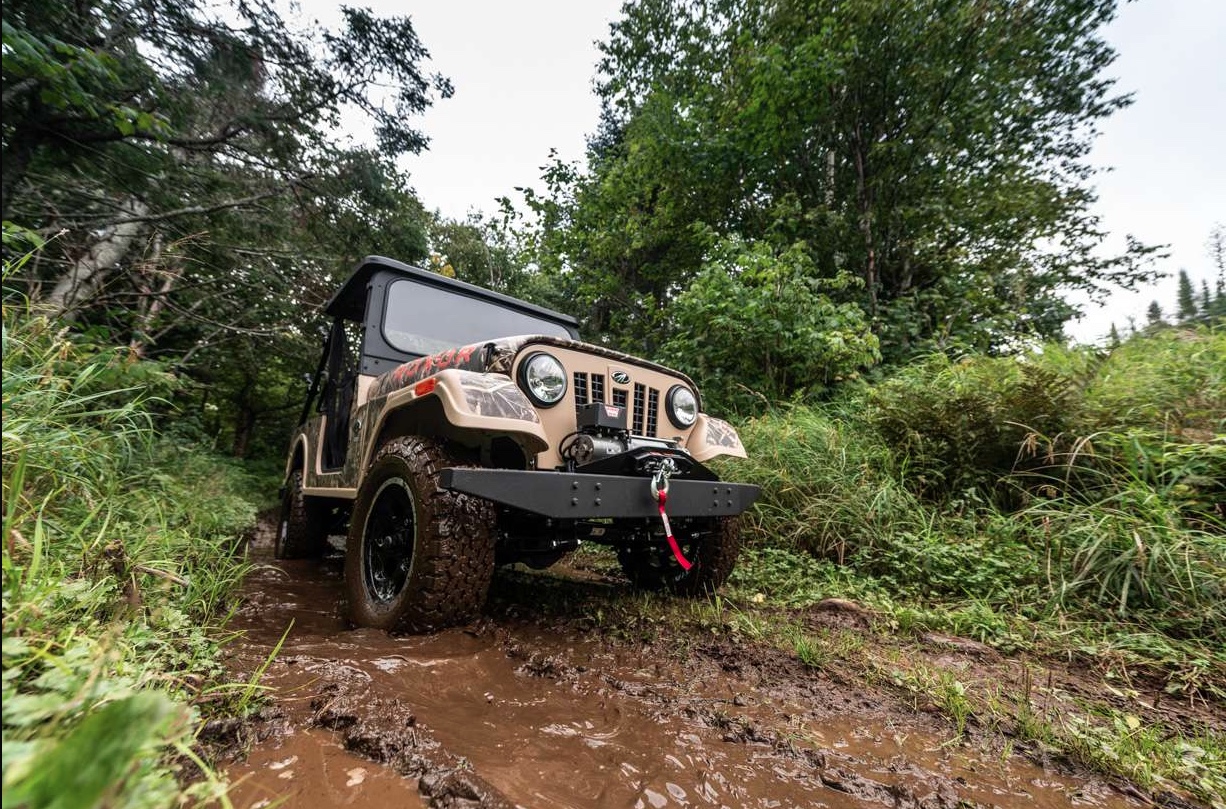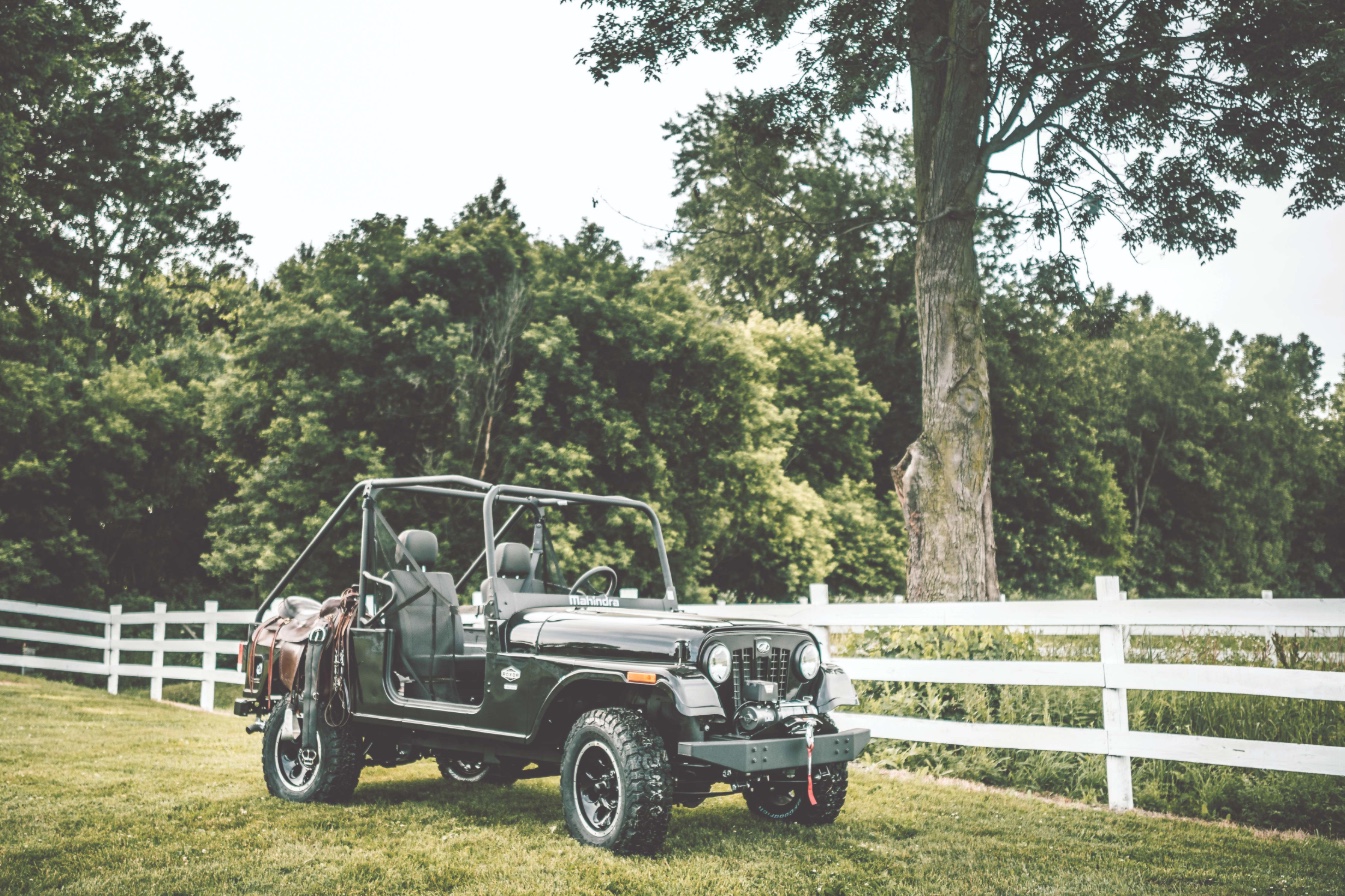Media | Articles
The Jeep-like Roxor is on a roll, and Mahindra aims to be street-legal
About a year ago, when Mahindra Automotive started building its Willys-Jeep-derived off-road Roxor at an Auburn Hills factory, that facility was hailed as the first new automotive assembly plant in the Detroit area in decades. Now company officials say it will soon need more capacity and hopes to eventually sell fully compliant road vehicles in the U.S. market.
The Roxor side-by-side, which is not legal on U.S. roads and is meant for 4×4 trails, is selling faster than Mahindra anticipated it would. The 150,000 square foot factory in Auburn Hills, is currently assembling about 30 units of the utility vehicles every day.
Since last year, Jeep and Mahindra have been battling it out in court over the Indian company’s right to sell the CJ clone in Jeep’s home market. Mahindra argued that its license to build and sell the Roxor is based on an agreed-upon grille that differed from the trademark seven-slot grille of the Jeep.
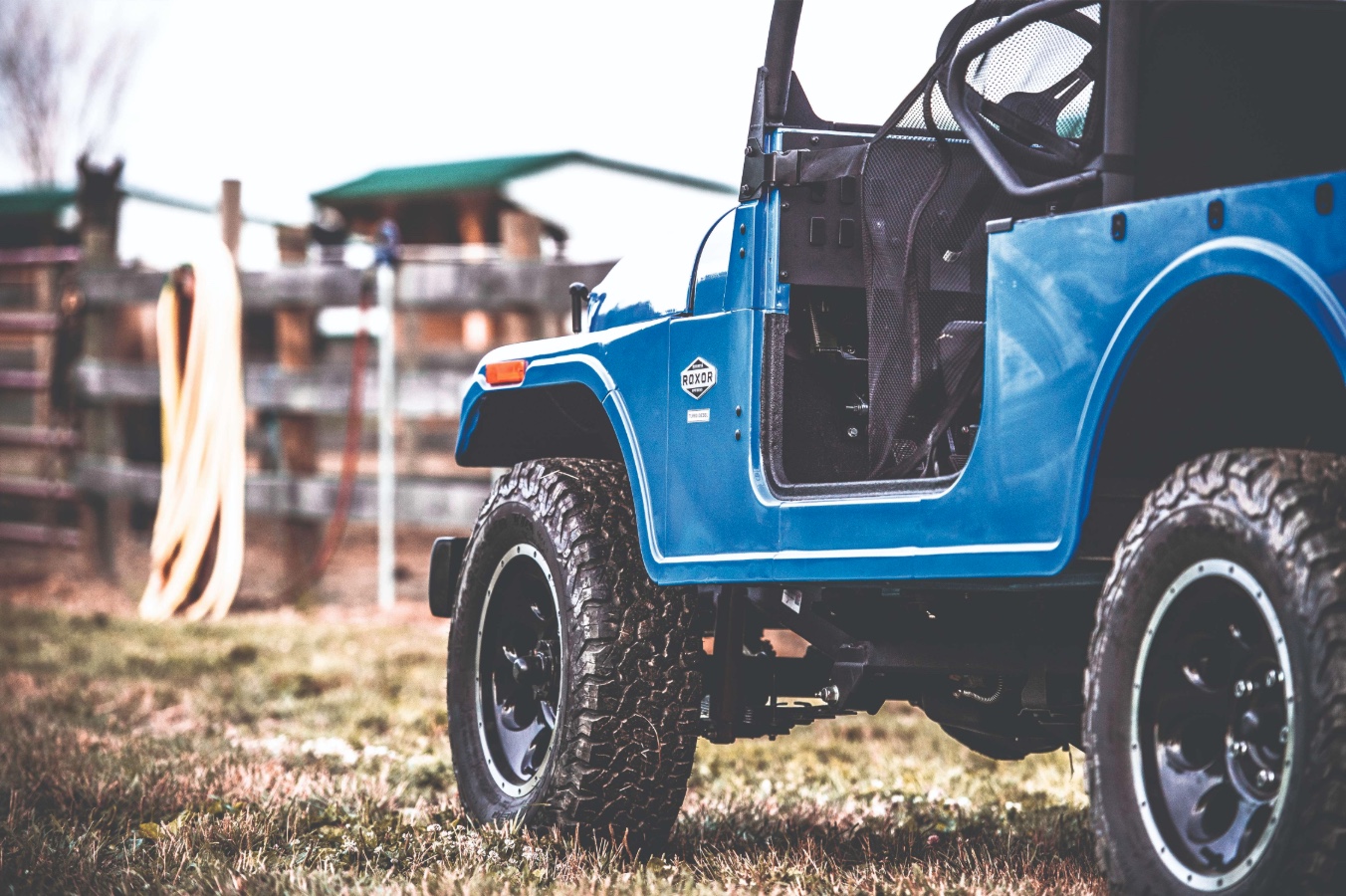
That the North American market is important to Mahindra’s corporate direction can be seen from the fact that Pawan Goenka, the managing director of parent company Mahindra and Mahindra Limited, gave some insight into the firm’s U.S. plans to the Detroit News.
Marketplace
Buy and sell classics with confidence
Brand awareness is a key place to start. “People were asking ‘Who is Mahindra?'” Goenka said. “We have to do more work to make sure people don’t ask that.” Goenka said that Mahindra’s relationship with Ford could help. Mahindra and Ford work together on SUVs and electric vehicles for emerging markets. It’s a mutually beneficial arrangement, and Ford wants to expand its market share in India and Mahindra wants to expand outside of the subcontinent.
One route towards gaining a foothold in North America is government contracts. Mahindra has put in a bid to build the United States Postal Service a new fleet of delivery vehicles to replace its aging Grumman-built mail trucks.
Another option is bringing a minivan to this market. Mahindra received a fair amount of press coverage for the Marazzo minivan it had on display at the Detroit auto show in January, despite the fact that it was rather hidden in the back of the show stand.

Goenka told the Detroit News that a small van, something other automakers don’t offer in this market, might be the way to expand the brand here. His emphasis on “tough, rugged” vehicles wouldn’t disqualify the Marazzo, as it has durable body-on-frame construction, a rarity among front wheel drive vehicles, to cope with the poor quality of Indian roads.
The Mahindra director said that if the brand expands to street-legal vehicles in North America, it will compete in part on price, but don’t expect that to be the only selling point.
“If we try and play that game of coming in with an inexpensive vehicle, then we are playing a commodity game,” Goenka said. “And that’s not a game that’s fun. Then there’s no reason to come to the U.S. to play that game.”
When it comes to the Roxor, Mahindra’s path forward to U.S. sales is still cloudy at best. Back in January, FCA won the right in court to pursue its claim that Mahindra’s grille violates Jeep’s trademark look. The Roxor’s road ahead, perhaps fittingly, is a rocky one.



